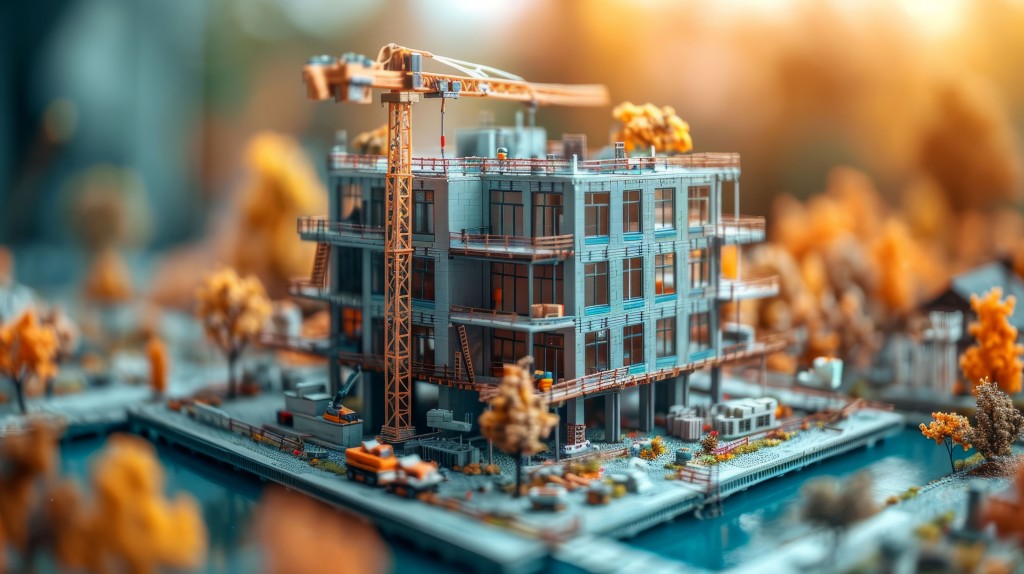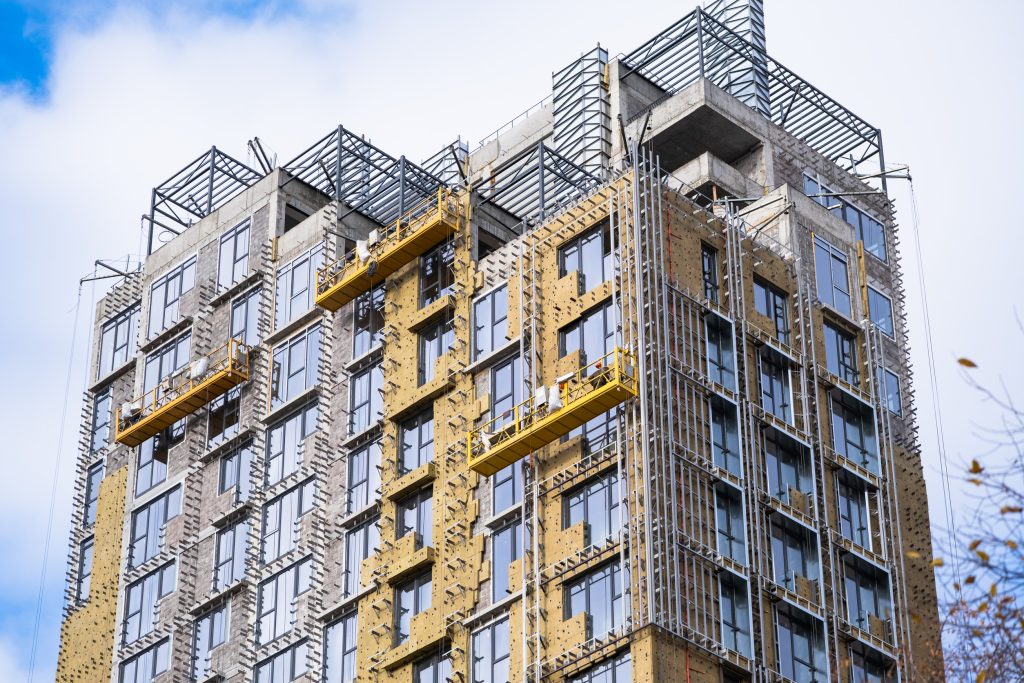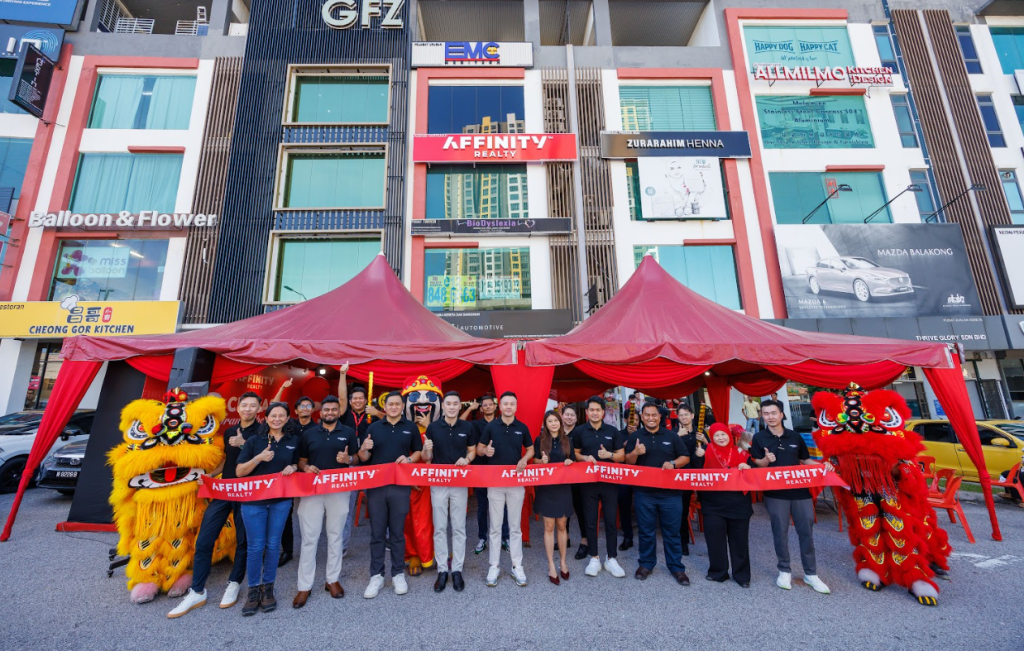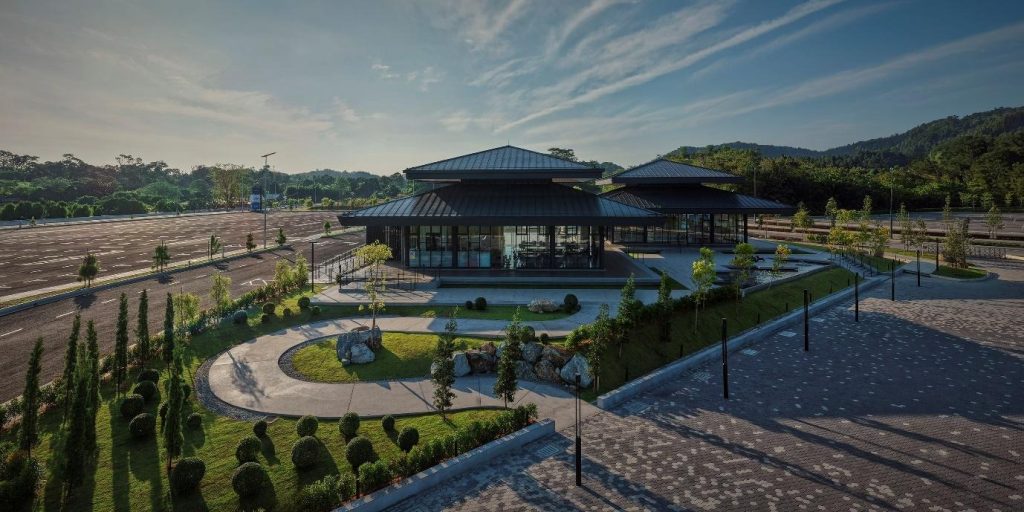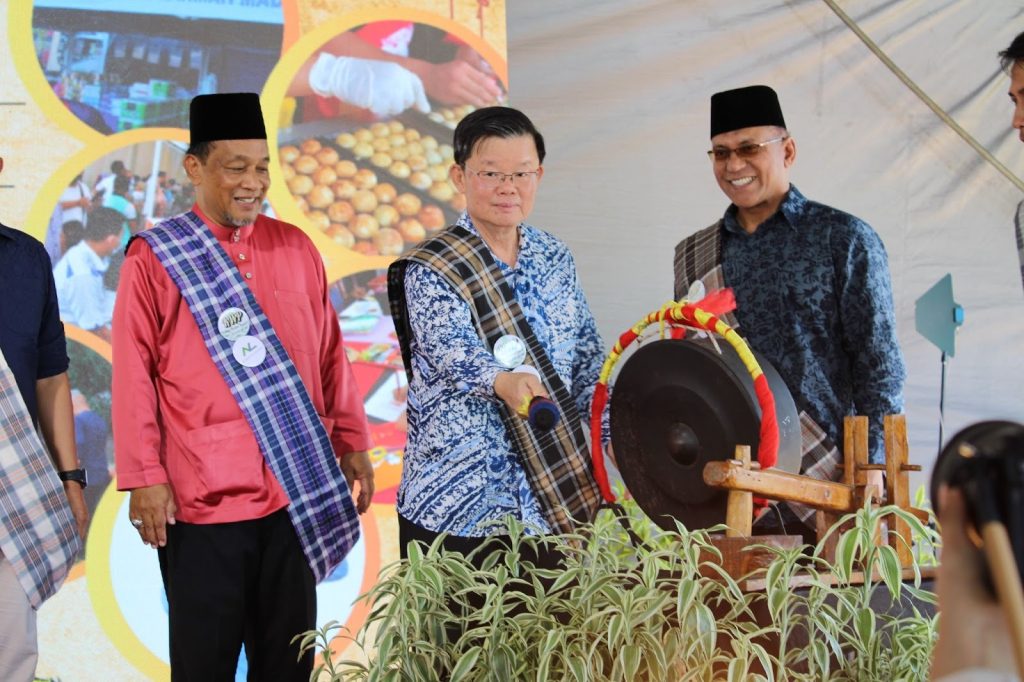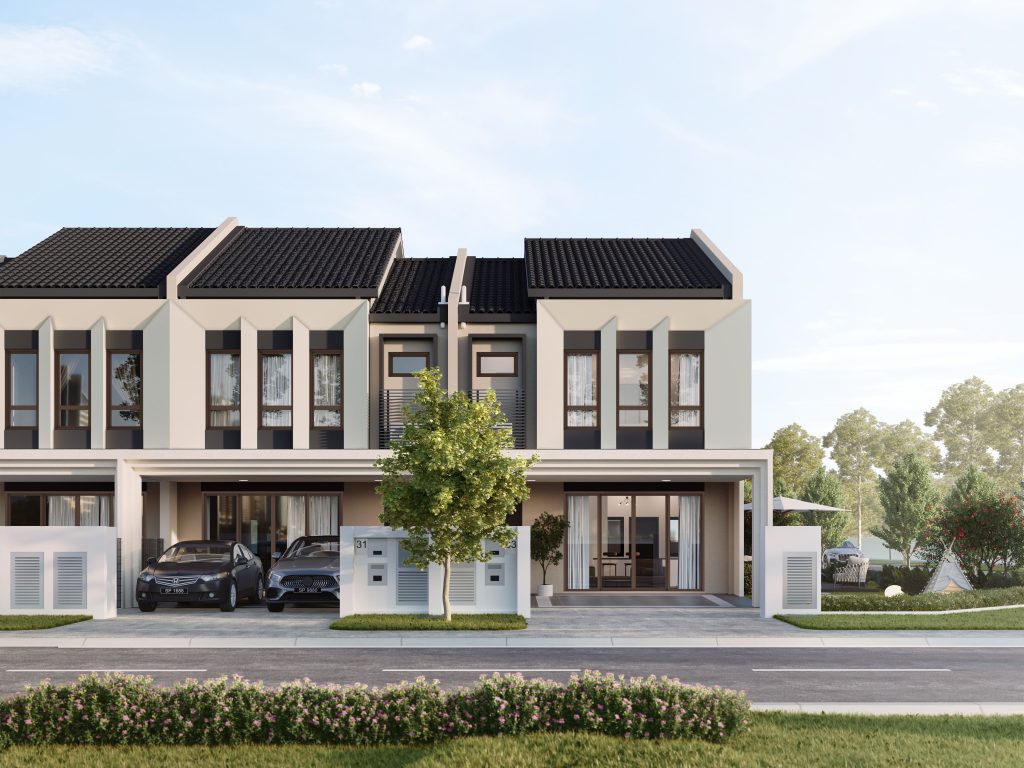By Datuk Chang Kim Loong
The idiom missing the forest for the trees aptly describes recent proposals on addressing Malaysia's abandoned housing projects. These proposals identify reasons for project failures and offer ideas for prevention but they largely overlook the most critical issue: The urgent need to protect homebuyers from being the ultimate victims of these failures.
For the average Malaysian, owning a home is not just a dream but the single largest financial commitment of a lifetime. It is precisely because of this financial and emotional significance that the protection of homebuyers must be at the heart of any housing policy reform. The current system for purchasing under-construction property, known as the Sell-Then-Build (STB) model, is fundamentally flawed because it places all the risk on the homebuyer while offering minimal protection.
The flaws
In the primary housing market, buyers purchase a property that is either under construction or has yet to be built. Under the STB model, the buyer signs a Sale and Purchase Agreement (SPA) and begins servicing a loan for a property that may not yet exist. The developer then issues progressive billings based on the project's construction stage, which are paid by the buyer's bank.
While most projects are completed, a significant number fall into the categories of late, sick or worse, abandoned if the developer fails to complete the project. For the affected buyers, this is a financial and emotional catastrophe.
The National House Buyers Association (HBA) has assisted buyers with projects abandoned for decades, offering undeniable proof that the STB model has failed to protect them. The current Housing Development Act requires a project to be certified as abandoned by the Minister, a process that can be slow and often leaves buyers in a state of limbo, trapped in a devastating cycle of financial strain.
Here’s why the STB model is so problematic for homebuyers:
- Progressive payments for an unlivable asset: The buyer's bank disburses payments to the developer as construction progresses. If a RM300,000 property reaches 20% completion, the buyer's bank pays RM60,000 and the buyer starts repaying a loan for a property that they cannot live in.
- Financial catastrophe: If the project is abandoned halfway, at 50% completion, the buyer is still obligated to repay a loan of RM150,000. All the while, they are likely paying rent for their current home, creating immense financial strain.
- Locked out of the market: The buyer is now unable to secure another housing loan, potentially for years, until the outstanding loan is cleared. This vicious cycle prevents them and their families from moving forward with their lives.
In response to the issue, the Rehda Institute has proposed several measures, including a Tiered Developer Classification System and a Government-led Housing Completion Guarantee System (HCGS). However, the HBA believes these proposals do not address the root of the problem and may even introduce new risks.
REHDA suggests that homebuyers should perform due diligence by checking a developer’s track record and financial strength. However, most major developers launch new projects through special-purpose subsidiaries or entities (SPVs). These SPVs are legally separate from the parent company. If an SPV fails, the buyer bears the loss, not the parent company, which remains legally insulated. This structure renders any classification system less effective in a real-world scenario.
The proposed HCGS, which would have the government step in to complete projects, is a risky idea. The HBA argues that this system would essentially privatise profits and nationalise losses. This could encourage reckless behaviour among developers, who might take on more high-risk projects with the belief that the government will bail them out if they run into financial trouble.
A better solution
The only way to truly protect homebuyers is to reverse the risk exposure. This can only be achieved through the Build-Then-Sell (BTS) approach, where developers must fully complete the property before it can be sold.
Most property developers have long opposed BTS, claiming it would lead to the collapse of the property industry. The HBA, however, disagrees, believing that the industry can adapt. After all, major Malaysian developers have adopted the BTS model for projects overseas and some on Malaysian soil, yet many others resist it, preferring to remain in the comfort zone of the STB model.
As a middle ground, the HBA has proposed the BTS 10:90 model, a balanced approach that was even included in the nation's National Housing Policy (2018–2025).
Under this model:
- Buyers pay only a 10% down payment upfront and sign the SPA.
- The remaining 90% is only payable upon completion, with all ownership papers and vacant possession.
- Developers fund construction using their own capital or corporate loans.
- If the project is abandoned, the buyer’s maximum loss is limited to the initial 10% down payment, a manageable sum.
- Reviving abandoned projects becomes easier because only the developer's financiers are involved, not the many end-financing banks of individual buyers.
The BTS 10:90 concept was intended to replace STB and eventually migrate to an absolute BTS 0:100 model. However, due to a lack of political will and strong lobbying from developers, the model remains optional. As long as the flawed STB model persists, homebuyers will continue to face devastating risks. There is no real solution to project abandonment; the only way forward is to change the system itself.
Time for change
While the Real Estate and Housing Developers’ Association (Rehda) focuses on recovery mechanisms, it misses the most important truth: The current system is broken because it normalises a model where the homebuyer bears the developer’s business risk and financial failures.
No amount of developer classification or government guarantees can substitute for a fundamental shift in how properties are sold. Malaysia must make the BTS 10:90 model mandatory, not optional. The government must lead this change in the interest of long-term consumer protection and industry sustainability. Until that happens, late delivery as well as sick and abandoned housing projects will continue to plague the housing sector, leaving behind not just concrete skeletons but shattered dreams and long-term financial and emotional distress for homebuyers and their families.
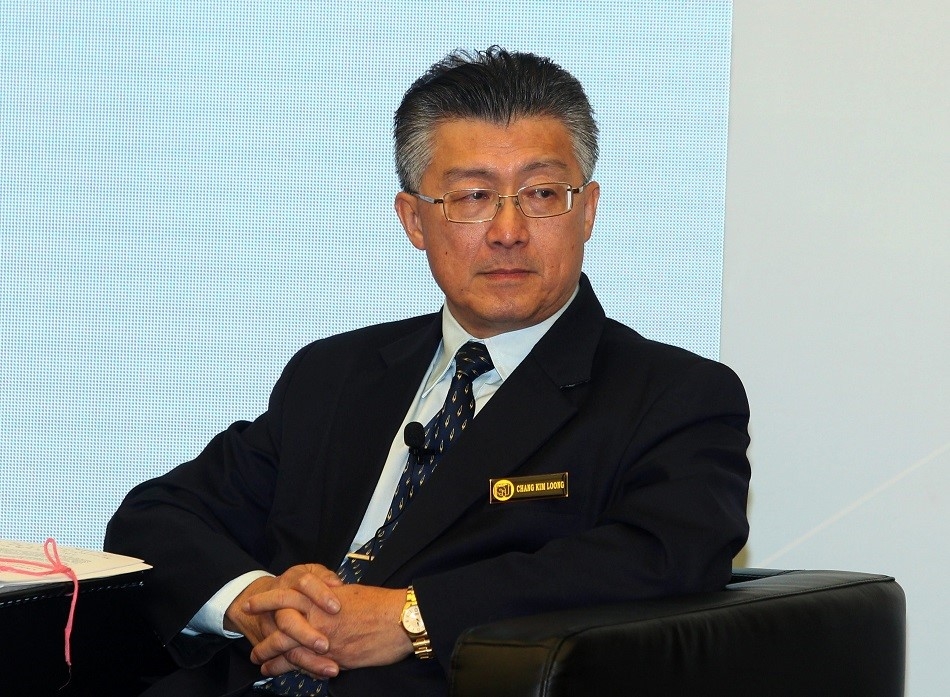
Datuk Chang Kim Loong is the honorary secretary-general of the National House Buyers Association (HBA).
This article was first published in StarBiz 7 on Sept 20, 2025.
Stay ahead of the crowd and enjoy fresh insights on real estate, property development and lifestyle trends when you subscribe to our newsletter and follow us on social media.

